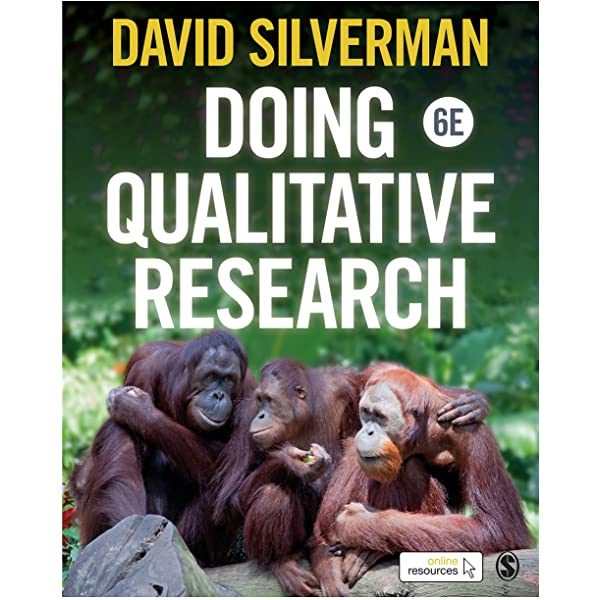
Whether you are doing a traditional PhD or a PhD by publication, ‘writing up’ should never be something left to the end of your research. Instead, writing should be a continuous process, learning from your supervisor, your peers and your own mistakes. I examine how this writing up can be accomplished efficiently if rarely painlessly.
This master-class offers lectures and data workshops covering the latest approaches to key areas of qualitative research:
• Do’s and don’ts in writing a qualitative PhD
• Reader-friendly literature reviews, methodology sections and conclusions. What counts as originality.
• Persuasive data chapters
• Publishing journal articles: a novice’s guide
This course is being offered online (via zoom) across 4 evening sessions from 7pm to 9.30pm, Australian Eastern Daylight Time (GMT +11)
(ie Melbourne, Sydney, Canberra daylight savings time)
Prof David Silverman is an outstanding scholar specialising in qualitative research. David is Professor Emeritus in the Sociology Department at Goldsmiths College and Visiting Professor in the Management Department at King's College, University of London and the Business School, University of Technology, Sydney. He has authored 15 books and 45 journal articles on qualitative research, ethnography and conversation analysis. He is the author of four bestselling Sage textbooks on qualitative research and has published monographs on his research on a large public sector organization, medical consultations and HIV-test counselling. Prof Silverman has hosted workshops on qualitative research for PhD students in Australia since 2009 as well as in Europe, Sri Lanka, Hong Kong, Malaysia and Tanzania. He successfully supervised 30 PhD students, three of whom are now full Professors.
This masterclass is taught via lectures, small group workshops followed by feedback sessions and one-to-ones with all participants. Whether you are just starting a research degree or in your final year, this is the course for you.
Among the topics covered are:
- The PhD as an apprenticeship. What ‘originality’ means.
- Learning from your supervisor and your peer groups
- The need for consistency. Fitting your research question and methodology to your research model.
- Reassurance strategies when difficulties arise: the low bar in qualitative research.
- Designing a methodology that allows for rapid data gathering and early data analysis.
- Practical suggestions about when to write a literature review and what it should contain.
- How to avoid dull methodology chapters. Keeping a research diary.
- How to write credible and interesting data chapters. What to include and what to omit.
- Concluding chapters that are not summaries but which stretch the imagination.
- Writing publishable journal articles
The workshop will consist of 4.5 hours of lectures, 3 student small group discussions and one-to-one supervisions for all students
The course will be taught over four consecutive evenings with the following timetable:
One-to-one sessions will follow after the course with an agreed timetable.
Evening 1
7.00 pm: Introductory lecture: do’s and dont’s in doing a qualitative PhD.
7.45 pm: Lecture 1 The need for consistency: fitting your methodology to your research model.
8.45 – 9.30pm: small groups sessions.
Evening 2
7.00 pm: Feedback from group sessions
7.30 pm: Lecture 2 Credible data sections and concluding sections; what counts as originality
8.45 – 9.30 pm: Small group sessions.
Evening 3
7.00 pm: Feedback from group sessions
7.30 pm: Lecture 3 Persuasive data sections and concluding sections; what counts as originality.
8.45 – 9.30pm: small group sessions
Evening 4
7.00 pm: Feedback from group sessions
7.30 pm: Lecture 4 Publishing journal articles
8.45 – 9.30 pm: Open discussion
This workshop will take place 'live' over Zoom.
Participants will be sent course documents including workshop topics to be read in advance.
The workshop will consist of 4.5 hours of lectures, 3 student small group discussions and one-to-one supervisions for all students
Each participant will receive a copy of the Prof. Silverman's new 6th Edition of Doing Qualitative Research
A basic knowledge of qualitative research.
Any of Silverman’s current Sage textbooks.
Interpreting Qualitative Data [sixth edition] or, for more advanced researchers, his Very Short Book [second edition].
